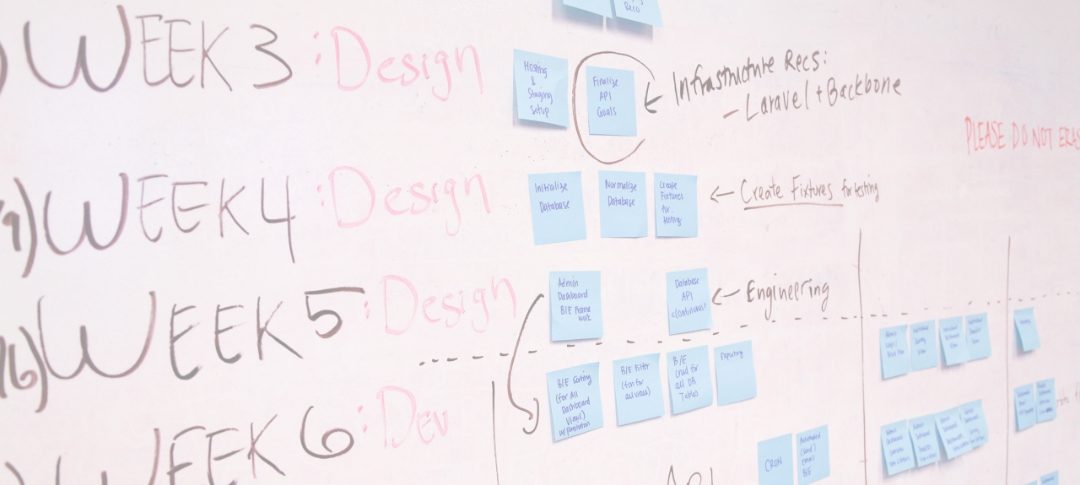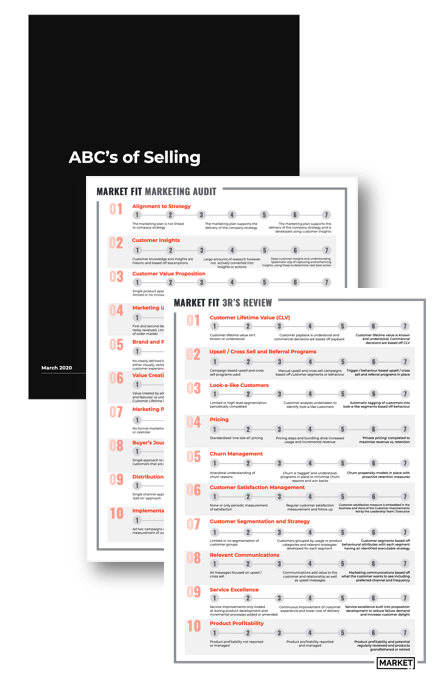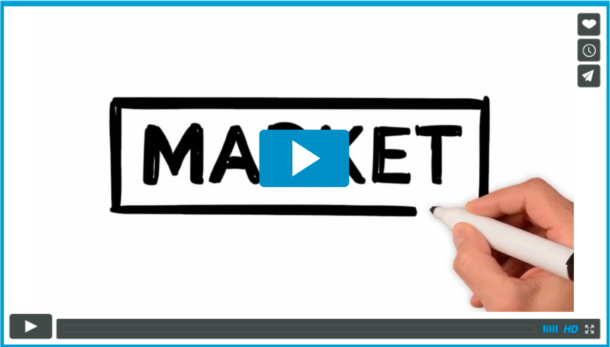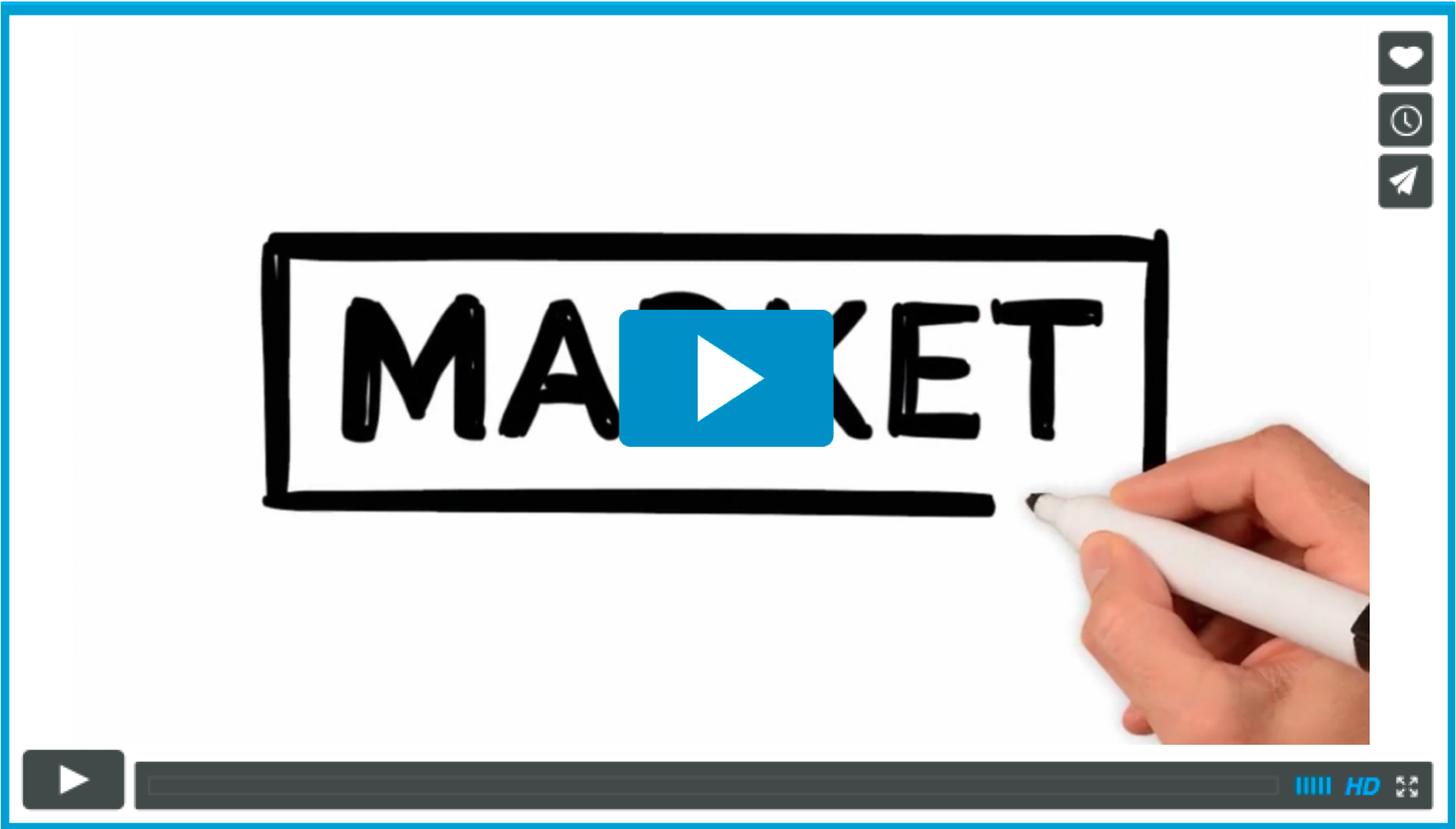Consultants get to talk with a lot of start-ups and early stage companies – it’s part of the job I love the most. Of course, all start-ups are different – diverse in their offerings and approaches, and the ways they build on very real customer needs and market opportunities.
But for those expecting commercial success they all inevitably converge around sales.
“A company with plenty of sales can almost always fix its other problems. But a company without sales is close to dead.” Seth Godin
When it comes to sales my advice to clients has remained remarkably consistent over the years – it is an area where digital interruption still kneels to a few good truisms… and tough love speaks volumes.
- I get you love your product. I even get you love riffing on its bells and whistles… but the customer doesn’t care. Focus entirely on the problem you are going to help them solve
- That elevator pitch you think you have? It’s needs simplifying. Stop telling me about the product and instead tell me (simply, elegantly, in 30 seconds…) how it solves a problem. If you can’t sell me in 30 seconds, how will you sell “them”?(This is what I mean by tough love – a client invests thousands of hours in time and energy before a product is ready for GTM… telling a client a customer doesn’t care about the backstory, only how the product solves a problem, is not always easy – but almost always vital)
- Features, roadmap, future dev, your long-term strategy… again, that’s all vital but not for now. They belong much later in your sales cycle. Your customer will have plenty of time for that with you – once they have become a customer.
- Think about your market – if it’s broad you may need more than one elevator pitch. That’s fine. Just stick to explaining the problem you’re solving.
- Pricing at the early stage is an art, not a science. Keep it focused on value created – don’t be unnecessarily obsessed with cost plus margin.
- It’s OK to sell your first few deals at a discount. Be clear around your definition of success and remember credibility, customer references, and “runs on the board” are all valuable commodities. But if you do discount ALWAYS peg to the full price and tell the customer why you are offering the discount. Let them know why they are getting a deal and get them on board as a quality reference.
- In a three party (media) model stay focussed on where the value is coming from, and who is getting the value.
- Don’t obsess on price at early meets. You may not get the easy chance to discuss – forcing it is a bad look. Lock into the value being created – price follows naturally once this is understood.
- Don’t do half the prep. Make sure you understand why your offer is good for your customer, and not just you – no-one wants to shop with a producer with no empathy for the buyer. Empathy and mutual understanding is at the heart of any valuable deal.
- Don’t go early with hiring sales people. You won’t know what works til you’ve made at least a dozen sales – that’s when you have a refined pitch you know can work. And if you don’t get your own pitch you can’t expect an employee to do so.
- Gabriel Weinberg (author of Traction) is good on this – developing a sales channel is way harder than bringing salespeople on board. You should bring the salespeople only once you’ve nailed the sales pitch -and are ready to have people help you implement your product vision.
- Just like public speaking, take your time with the sales cycle. It will always take longer than you think or hope. Plan for this – it’s OK – it’s your chance to try things on for size, adapt, and improve.
- For large purchases, if the price is over the delegated authority of the person you are selling to, expect this to take even longer. They will be more risk adverse as they need to get a superior to sign off the transaction.
- You may need to wait for a budgeting cycle to get the funds approved.
- It’s ok to sell the first few sales at a discount. It may help build success stories, credibility and customer references. But always peg this to the full price and make sure your customer KNOWS why you are offering the discount. These customers may become high quality later references for you.
- Finally – I may not agree with all the content in these clips (ABC – Always Be Closing (2min version or 7min version), however, they get one thing right. At the end of your initial meeting make sure you know what the customer problem is and understand the value to the customer of solving that problem.




